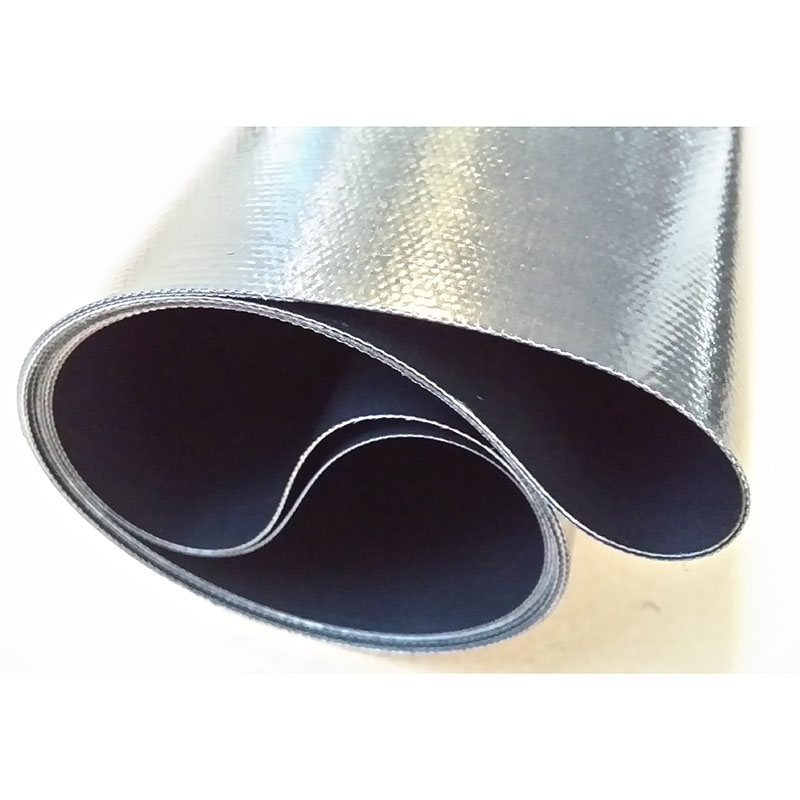Thank you for visiting nature.com. You are using a browser version with limited support for CSS. To obtain the best experience, we recommend you use a more up to date browser (or turn off compatibility mode in Internet Explorer). In the meantime, to ensure continued support, we are displaying the site without styles and JavaScript.
XiaoZhi Lim is a freelance writer in Singapore. Barbecue Grill Mesh

You can also search for this author in PubMed Google Scholar
This February, the European Chemicals Agency (ECHA) in Helsinki published a proposal that could lead to the world’s largest-ever clampdown on chemicals production. The plan, put forward by environmental agencies in five countries — Denmark, Germany, the Netherlands, Norway and Sweden — would heavily restrict the manufacture of more than 12,000 substances, collectively known as forever chemicals.
Access Nature and 54 other Nature Portfolio journals
Get Nature+, our best-value online-access subscription
Receive 51 print issues and online access
Rent or buy this article
Prices vary by article type
Prices may be subject to local taxes which are calculated during checkout
doi: https://doi.org/10.1038/d41586-023-02444-5
Correction 01 August 2023: The graphic ‘Fluorinated world’ incorrectly stated that TFA is a greenhouse gas. It isn’t. The graphic has now been updated.
Clarification 11 September 2023: An earlier version of this News feature implied that all of the fluorosurfactants used to create fluoropolymers are toxic. In fact, not all have been tested for toxicity. It also stated that the only option to clean up TFA will be reverse osmosis, but alternative methods could be viable in the future.
Evich, M. G. et al. Science 375, eabg9065 (2022).
Moreno-González, M. et al.J. Power Sources Adv.19, 100109 (2023).
McLinden, M. O., Seeton, C. J. & Pearson, A. Science 370, 791–796 (2020).
Sharma, R. et al. J. Cleaner Prod. 415, 137879 (2023).
Tainted water: the scientists tracing thousands of fluorinated chemicals in our environment
How the US will remove ‘forever chemicals’ from its drinking water
How to destroy ‘forever chemicals’: cheap method breaks down PFAS
A crystalline doubly oxidized carbene
Synthesis of portimines reveals the basis of their anti-cancer activity
The contribution of wildfire to PM2.5 trends in the USA
Global population exposure to landscape fire air pollution from 2000 to 2019
Global iron and steel plant CO2 emissions and carbon-neutrality pathways
Multistable sheets with rewritable patterns for switchable shape-morphing
Nickelates join the club of high-temperature superconductors
• Outstanding Faculty (Chair Professor / Professor) • Young Faculty (Associate / Assistant professor)
Southern University of Science and Technology (Biomedical Engineering)
Professor Faculty Position - Medical Imaging
Duke University Pratt School of Engineering
Baylor College of Medicine (BCM)
We seek tenure-track faculty candidates at the level of Assistant Professor with interests in microbial genetics, microbial physiology
Lyda Hill Department of Bioinformatics
At the Faculty of Medicine of Rheinische Friedrich-Wilhelms-Universität Bonn, the Clinic for Internal Medicine III (Oncology, Hematology and Rheuma...
Bonn University Hospital (AöR)
Tainted water: the scientists tracing thousands of fluorinated chemicals in our environment
How the US will remove ‘forever chemicals’ from its drinking water
How to destroy ‘forever chemicals’: cheap method breaks down PFAS
An essential round-up of science news, opinion and analysis, delivered to your inbox every weekday.
Sign up for the Nature Briefing newsletter — what matters in science, free to your inbox daily.

Silicone Fiberglass Fabric Nature (Nature) ISSN 1476-4687 (online) ISSN 0028-0836 (print)